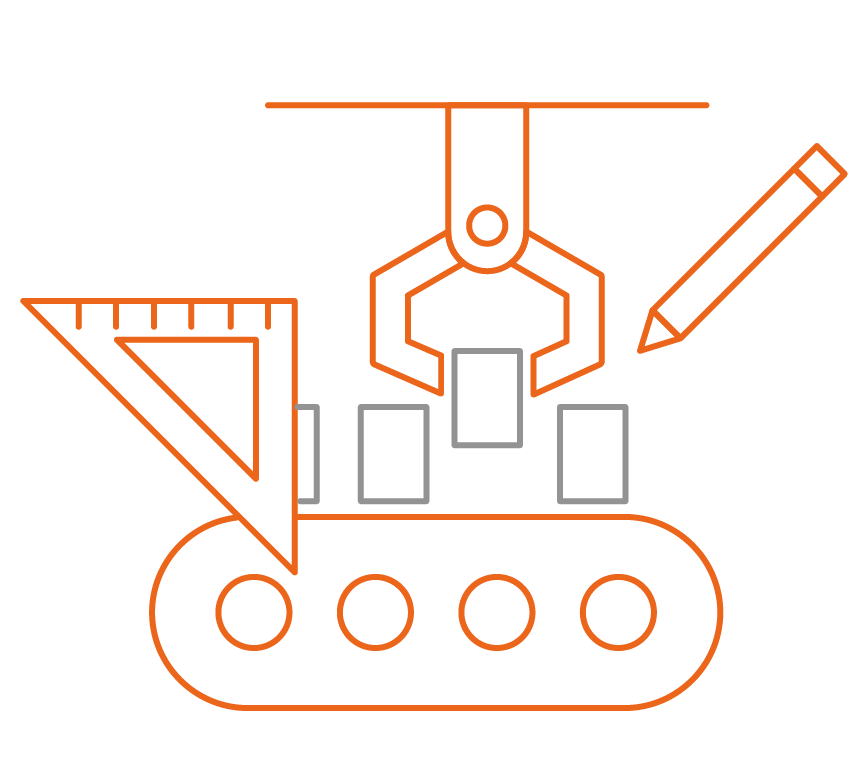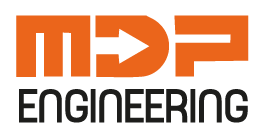Inspection and Measurement Stations – Implementation Services
Inspection and measurement stations are specialized units on production lines used to verify product quality and perform measurements during manufacturing. At MDP Engineering, we offer comprehensive services in designing, building, and implementing these stations, tailored to each client’s specific needs. Our solutions ensure that products meet high quality standards—essential in today’s competitive market.
Types of Stations and Technologies
We offer various types of stations, including:
- Dimensional Measurement Using CMM (Coordinate Measuring Machines) and 3D laser scanners for precise geometric measurements.
- Visual Inspection Image processing-based vision systems to detect visual defects.
- Functional Testing Stations designed for electrical and hydraulic tests to ensure proper product functionality.
- Automated Inspection Stations Robots and automation systems enable operator-free inspections, boosting efficiency.
These technologies—sensors, vision systems, and robotics—are integral to our solutions, ensuring accuracy and reliability.


The process of implementing control stations
Our implementation process includes:
- Initial Consultation – We analyze client needs, production processes, and quality requirements.
- Design – Our engineering team selects appropriate technologies and plans the station layout.
- Prototype & Testing – We build a prototype and conduct tests to ensure it meets expectations.
- Production & Assembly – Final station construction with full component integration and quality checks.
- Installation & Commissioning – On-site installation, configuration, and integration with existing systems.
- Training & Support – We train client personnel and provide ongoing technical support.
If you are looking for a comprehensive solution in machine design and construction as well as production lines, contact us. Our team of experts is ready to answer your questions and prepare an offer tailored to your needs.
Benefits for Clients
Implementing inspection and measurement stations offers:
- Improved product quality through defect reduction
- Increased production efficiency via automation and process optimization
- Compliance with industry standards and regulations
- Data-driven decision-making for continuous process improvement
- Integration with Industry 4.0 technologies like real-time monitoring and Digital Twins
Our stations can be integrated with Industry 4.0 technologies, such as real-time monitoring and Digital Twins, allowing for more efficient production management.
Comparison table of types of positions
| Station Type | Technologies Used | Example Applications |
|---|---|---|
| Dimensional Measurement | CMM machines, 3D laser scanners | Geometry checks in automotive manufacturing |
| Visual Inspection | Vision systems, cameras | Defect detection in electronics |
| Functional Testing | Electrical/hydraulic testers | Product validation in pharmaceuticals |
| Automated Inspection | Robots, sensors, automation | Operator-free control in mass production |
